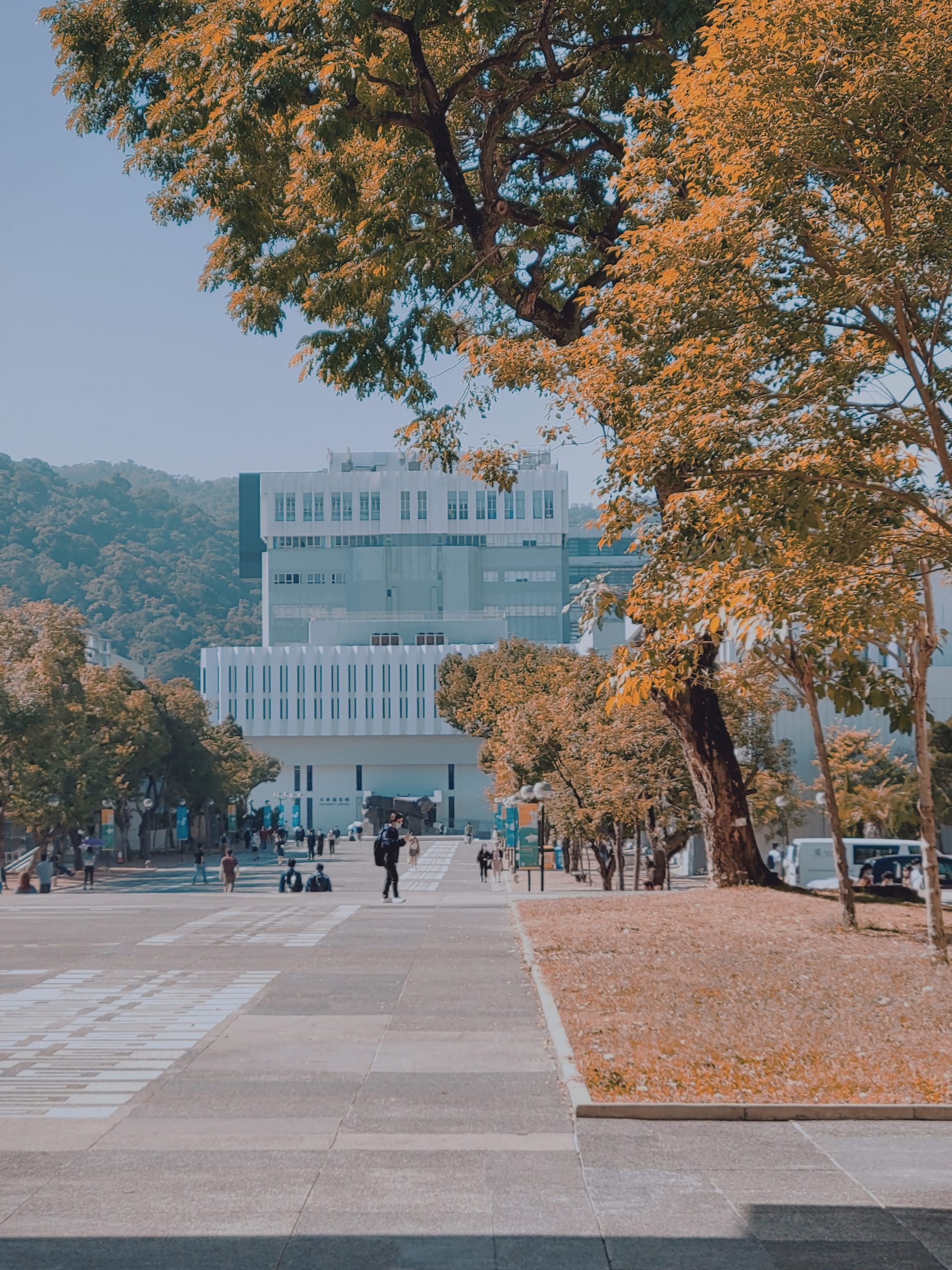Worlding Higher Education in the Post-Cold War Era: The University in the “Asian Century”
Joshua Tan
History
UC Santa Cruz
Metanarratives of rising Asia (China) in the twenty-first century have viewed the ascent of Asia’s universities as affirmation of this thesis. However, the nature of the university, and how Asia’s universities both transcend and reproduce the global hierarchies imposed by the “Western model,” have often been ignored. My project critically explores these discourses of rising Asia/Asian universities in the twenty-first century and questions why the university has retained its discursive power as a central site of transformation and as a symbol of global power and prestige. I trace this history through the immense American sponsorship given to universities in Asia during the Cold War, whereby educational networks of students and ‘refugee intellectuals’ were rerouted from China into the diaspora, finding spaces of refuge and hope in universities across Singapore, Hong Kong, and Taiwan. I outline the legacies of this generation of Cold War emigre intellectuals, and their newfound institutions, into the post-Cold War era. I focus especially on the reincorporation of mainland China into international education networks, which is an ongoing process continuing into the present. I finally reflect on how these shifting “global centers” of higher-education might implicate graduate student training in the United States, and our collective aspirations for educational justice.

